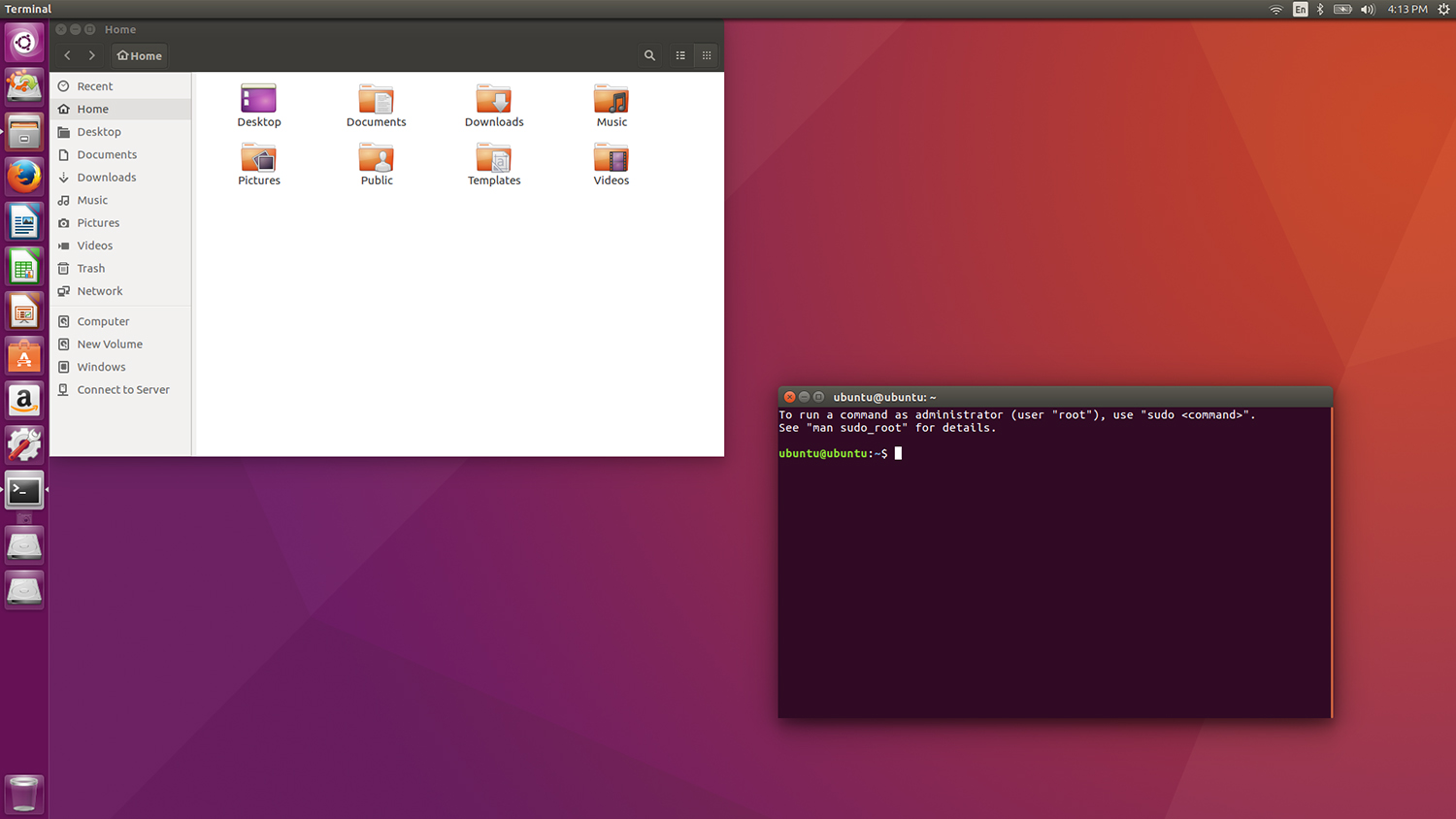Code 4000 unshackles prisoners' futures with digital skills
At a time of severe skills shortages, prisoners are turning away from crime and taking on the world of coding


The rehabilitation of prisoners is a complex and often politically charged process. Helping reformed offenders to rejoin society after a prison stint is an incredibly difficult task, and there's no guarantee that the process will be a successful one.
As it stands, some 50% of prisoners in the UK go on to re-offend, which has a huge cost to the economy, society and family relationships. In monetary terms, re-offenders are said to cost the UK economy between 14-15 billion a year.
Research has shown that the chance of reoffending is lowered when a person is offered meaningful employment, giving them a base upon which to build new skills and industry connections. Unfortunately, there are plenty of companies that will not employ people with criminal records, which leaves ex-criminals in a form of limbo that paves the way for them to fall back on a life of crime.
While prisoners are offered work while incarcerated, it's not often linked to the skills and jobs they'll need once released. And nearly half of UK prisoners have no work at all while serving at Her Majesty's pleasure.
As such, there's a perfect storm of a lack of skills, prospects and opportunities for prisoners to put to use to when granted their freedom, which creates a slippery slope to reoffending.
Code 4000 aims to change that.
The non-profit organisation looks to break the cycle of crime with a programme that trains prisoners how to code, with the goal that upon their release they will have the knowledge today's job market is crying out for amid a shortage of digital skills.
Get the ITPro daily newsletter
Sign up today and you will receive a free copy of our Future Focus 2025 report - the leading guidance on AI, cybersecurity and other IT challenges as per 700+ senior executives
Having drawn inspiration from the Last Mile project in California's' San Quentin prison, Code 4000 had been trialled at HMP Humber. But thanks to a recent injection of 1.2 million from the Department of Digital Culture, Media and Sport, Code 4000 is now looking at expanding into other UK prisons.
"We are giving offenders the opportunity to engage in learning a highly marketable skill which allows them to enter the job market and earn a decent salary, which many would otherwise not be able to achieve," Code 4000 founder and chairman Michael Taylor tells IT Pro.
"Earning a salary, increasing your self-confidence and feelings of personal value along with being able to support your family and contribute positively to the UK economy and be accepted as a worthwhile member of society are all things that positively encourage offenders to turn away from crime."
Cell coding
As the only organisation of its type in Europe, Code 4000 needed to take a careful approach when introducing coding skills to prisoners.
While it is arguably a straightforward process to learn code under one's own steam through accessing online resources, for prisoners unable to access the internet this sort of teaching needs to be done in a secure and closed environment.
Responding to this challenge, Code 4000 came up with a form of virtual machine which provides a digital work environment that's installed on a host machine, be it Mac or Windows. Those machines have an offline curriculum copied onto them for prisoners to study in workshop sessions. The company works alongside industry volunteers to keep this curriculum up to date, adding the latest languages and new forms of teaching each week. The workaround has meant prisoners are effectively able to learn just as they would in the outside world, only in an environment that's not dependent on a network connection.

Code 4000 uses Ubuntu to power its isolated network
Built on open-source operating system Ubuntu, the virtual machines are connected to an on-site server that hosts GitLab, which provides an environment where prisoners can store the code they write and, as part of a second stage, work on real-world open source projects, again without internet access.
Alongside the digital curriculum, volunteers will help teach the prisoners in the workshops, sharing the skills they have developed and honed from industry experience. Such expertise is necessary as while the HMP Humber trial has been successful, offering its offline curriculum to the global prison education community will require a tailored approach.
"Different populations will require slightly different approaches and we will work flexibly to design programmes that meet the needs of prisoners in each prison that we work within," explains Taylor. "We are launching our second workshop at HMP Holme House on 4 April with plans to work with a female prison and young offenders as well as a third Cat B/C prison by the end of this year."
Empowering the incarcerated
The HMP Humber trial saw prisoners complete a programme over the course of just over four months. Following successful completion of these initial stages, prisoners are then given the chance to work alongside clients on site as part of a managed day release. From its first intake, seven prisoners have since been released, with four of these now working full time after having either started their own business or working with Code 4000 on the next steps of their coding journey.
"When I started teaching in prisons I thought that if I could change just one life, turn one person away from crime then I have achieved something truly marvellous," Neil Barnby, a workshop instructor for Code 4000, tells us. "Code 4000 workshops are reducing re-offending at a measurable rate because we keep in touch with our graduates. We are constantly seeing success after success."
That's not to say all prisoners will embrace the coding education, but for Taylor, it's essential that such opportunities are made available to a population that is often at a disadvantage when seeking employment.
"Coding is a new skill for many of the prisoners we work with and we try hard not to exclude anyone from having a go to see if it is a skill that 'speaks' to them," explains Taylor. "This means that some will only stay on the programme for a relatively short period, if they find that coding isn't for them, but it's incredibly important to open opportunities for as many people as possible to find out for themselves, what they can do."
One could worry that equipping prisoners with coding skills could give them with the fledgling abilities to pursue cyber crime. But Taylor highlights that criminals with a history of cyber fraud are excluded from the programme and that teaching a prisoner a skill doesn't mean it will be used for nefarious purposes.
"Teaching an offender cleaning as a skill - doesn't mean that on release the offender will enter a home or premises to clean it and then steal whilst there," Taylor quipped.
Skills success behind bars
For one former prisoner, providing only the name Ash, the Code 4000 course proved to be life changing for both himself and his family. It was during a four-year sentence at HMP Humber that Ash was offered the chance to take up the coding challenge - something he snapped up in an attempt to become a better role model for his young son.
"I began studying a part-time degree in business and management and attending any course available to me within the prison. When I heard of a computer coding workshop, I had absolutely no idea what it was or what it entailed. What I do know is that it was a chance for me to learn something new thus assisting me on leaving the old me in the past," he tells IT Pro.
Despite this lack of prior coding knowledge and being one of the first prisoners to enrol in the programme, Ash took Code 4000 curriculum in his stride, though he had a few challenges to overcome.
"Personally, I found the curriculum very well set out and I learnt a lot while I was in the Code 4000 workshop," he explains. "The CSS and HTML, which is where this course starts, I found very straight forward. I found learning Javascript a bit more challenging, especially remembering what I had learnt once revisiting it when not using it for a while, as Javascript is a lot more technical than the previously learnt languages, however, it is somewhat more fulfilling because it is more difficult."

HTML and CSS are taught early on in the course, although prisoners are offered a choice of languages
Ash spoke highly of the support and skills he received and acquired through the programme, and said he would recommend the Code 4000 curriculum to all prisoners despite it seeming to offer a niche set of computer-oriented skills.
That comes as no surprise given that, upon Ash's release, and with the assistance of Code 4000, he found accommodation in London and began a software engineering apprenticeship with startup Bulbshare.
"I also opened my own business as a freelance developer building websites, which I do in my spare time and is still going quite well," he added.
While some companies may remain reticent to hire ex-offenders, there remains a pressing demand for coding and digital skills in the UK. Much like the efforts of organisations like Crucial Academy, which supports military veterans with digital skills courses, Code 4000 has tapped into an isolated population that's crying out for meaningful employment. This not only helps reform lives, but serves to address the growing skills gap.
Ash believes his experiences with the Code 4000 programme have been truly life-changing. Not only has he been able to avoid a life of crime, but legitimate employment has redefined his relationship with his son.
"I can say wholeheartedly that the Code 4000 course has changed my life astronomically," Ash tells us. "If this can be the result from assisting me following some 50+ offences and 30+ convictions, Code 4000 definitely stops the cycle offending and gives prisoners the ability change, become employable and get back into work.
"Most importantly, I have grown from a prisoner and into a good man that my son can be proud to call Dad."
Roland is a passionate newshound whose journalism training initially involved a broadcast specialism, but he’s since found his home in breaking news stories online and in print.
He held a freelance news editor position at ITPro for a number of years after his lengthy stint writing news, analysis, features, and columns for The Inquirer, V3, and Computing. He was also the news editor at Silicon UK before joining Tom’s Guide in April 2020 where he started as the UK Editor and now assumes the role of Managing Editor of News.
Roland’s career has seen him develop expertise in both consumer and business technology, and during his freelance days, he dabbled in the world of automotive and gaming journalism, too.
-
 Google Cloud is leaning on all its strengths to support enterprise AI
Google Cloud is leaning on all its strengths to support enterprise AIAnalysis Google Cloud made a big statement at its annual conference last week, staking its claim as the go-to provider for enterprise AI adoption.
By Rory Bathgate Published
-
 Bigger salaries, more burnout: Is the CISO role in crisis?
Bigger salaries, more burnout: Is the CISO role in crisis?In-depth CISOs are more stressed than ever before – but why is this and what can be done?
By Kate O'Flaherty Published